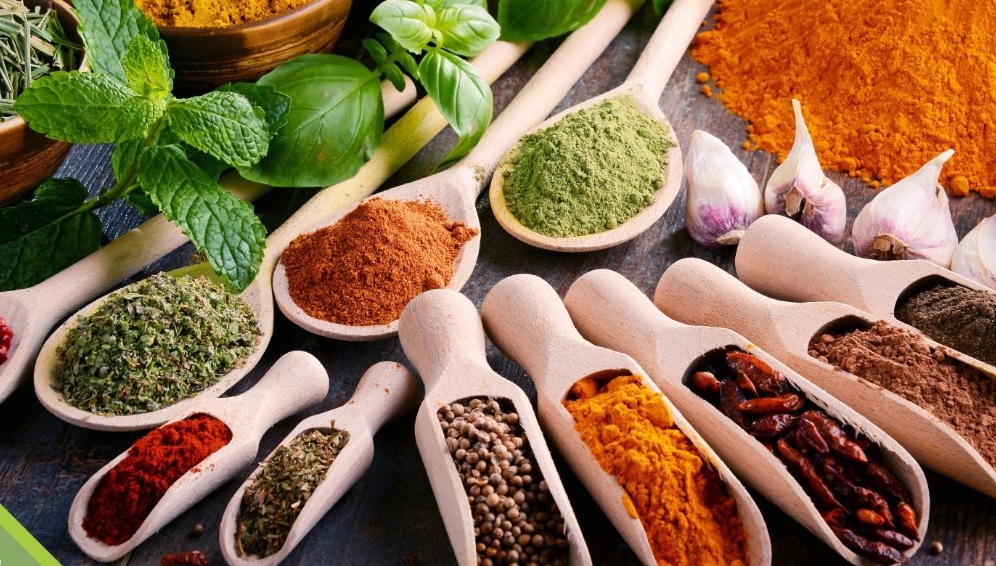7th Session of Codex Committee on Spices and Culinary Herbs (CCSCH) held in Kochi
The 7th Session of Codex Committee on Spices and Culinary Herbs (CCSCH) was recently held in Kochi. During this session, the committee finalised and recommended quality standards for five spices — allspice, juniper berries, star anise, turmeric, and cardamom.
About Codex Committee on Spices and Culinary Herbs (CCSCH)
The Codex Committee on Spices and Culinary Herbs (CCSCH) is a committee that develops international standards for spices and culinary herbs. Its mandate is to establish elaborate worldwide, science-based quality standards for spices and culinary herbs, in accordance with the Codex principles of consumer protection and fair-trade practices.
The CCSCH was established in 2013 under the Codex Alimentarius Commission (CAC), which itself is a Rome Base intergovernmental body that develops food standards, guidelines, and codes of practice related to Food Products. The CAC was established in 1963 by the Food and Agriculture Organization (FAO) and the World Health Organization (WHO).
The Codex Alimentarius Commission’s mandate is to establish international food standards to protect consumers and ensure fair practices in the food trade. The Codex also promotes coordination between international governmental and non-governmental organizations that work on food standards.
Codex standards finalized for 5 spices
The committee has recently approved to forward the draft standards to the Codex Alimentarius Commission (CAC) for adoption as full-fledged Codex standards. Proposals for development of Codex standards for Dried Coriander Seeds, Large Cardamom, Sweet Marjoram and Cinnamon were also put before the committee and were accepted. The committee will work on draft standards for these four spices in its forthcoming sessions.
Codex Standards Process
Codex standards are globally important because they are prepared by intergovernmental committees, are referred to resolve international trade disputes and also form the basis of aligning national standards by Codex member countries. Standards in Codex are finalized through an 8-step process, with reviews at several stages, using working groups chaired by member countries. The draft standards prepared by working groups are finalized through deliberations and by discussions and consensus in the plenary sessions of the committee.
About Recent Meeting at Kochi, Kerala
The recently held seventh plenary session of the CCSCH was the first physical meeting after a gap of five years. As many as 109 delegates from 31 countries attended the five-day long meeting. The session also witnessed participation of a large number of Latin American countries for the first time. Currently, the Committee is chaired by India and Spices Board functions as its Secretariat. M.R. Sudharshan is the current Chairman of the Committee.
GK Facts about five spices
Allspice
Allspice, also known as Jamaica pepper, pimenta, pimento or myrtle pepper, is a spice made from the dried berries of the Pimenta dioica tree. The tree is native to Central America, southern Mexico, and Greater Antilles, but is now grown in many warm regions. Allspice is a single-ingredient seasoning that often gets mistaken for a blend of spices. It has a unique flavor that’s similar to a combination of cloves, nutmeg, cinnamon, and pepper.
Juniper berries
Dried unripe berries with an intense pine and citrus flavor, commonly used to flavor gin and meat dishes.
Star anise
An aromatic spice made from the star-shaped fruit of an Asian evergreen tree, with a distinct licorice flavor used in various cuisines and baking.
Turmeric
A bright yellow spice made from the roots of a flowering plant, it has an earthy, slightly bitter flavor and is used extensively in Indian cuisine.
Cardamom
An intensely aromatic spice made from the seed pods of a ginger-like plant, often used in baking and Indian cuisine, with hints of eucalyptus, mint and lemon.
Month: Current Affairs - February, 2024
Category: Agriculture Current Affairs • Economy & Banking Current Affairs • Places in News Current Affairs • Summits and Conferences








